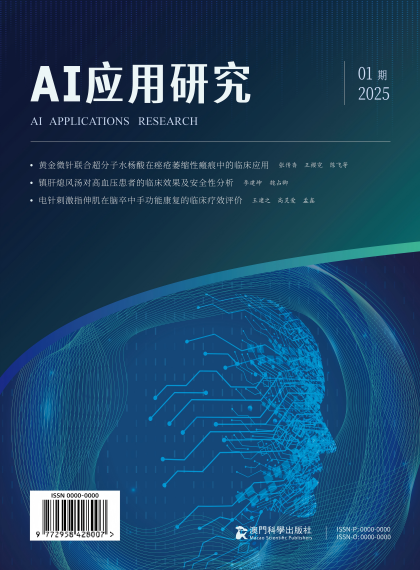摘 要:
高质量训练数据的匮乏长期以来制约了机器学习模型的性能与泛化能力,尤其在实际应用场景中常面临数据稀缺的问题。为解决这一挑战,本研究提出了一种基于合成数据驱动的模型泛化能力提升方法,通过生成与真实分布接近的合成数据以扩展数据空间、丰富特征表现力,从而增强模型对未知数据的适应能力。研究中采用了先进的数据生成技术,如基于生成对抗网络(GAN)和变分自编码器(VAE)的方法,同时结合数据增强策略优化数据分布和多样性,以确保模型能更有效地学习潜在数据模式与规律。实验结果显示,在多个高数据稀缺场景中,与传统训练方法相比,使用合成数据驱动的模型取得了显著的性能提升,且泛化能力在测试和应用数据集中均表现优异。此外,研究还探讨了合成数据的质量评估方法及生成数据对模型结构的影响。该研究为解决高质量训练数据不足的问题提供了新的思路,并对促进机器学习模型广泛应用具有重要意义。
关键词:模型泛化能力;数据稀缺;生成对抗网络(GAN);变分自编码器(VAE)
Abstract:
The scarcity of high-quality training data has long constrained the performance and generalization ability of machine learning models, particularly in real-world application scenarios where data is often limited. To address this challenge, this study proposes a synthetic data-driven approach to improve model generalization ability. By generating synthetic data that closely approximates the real distribution, the data space is expanded, and feature expressiveness is enriched, thereby enhancing the model's adaptability to unknown data. Advanced data generation techniques, such as methods based on Generative Adversarial Networks (GANs) and Variational Autoencoders (VAEs), are employed in the research. Additionally, data augmentation strategies are combined to optimize the data distribution and diversity, ensuring that the model can more effectively learn the underlying data patterns and regularities. Experimental results demonstrate that, in multiple scenarios with severe data scarcity, models driven by synthetic data achieve significant performance improvements compared to traditional training methods, and exhibit excellent generalization ability in both test and application datasets. Furthermore, the study explores methods for evaluating the quality of synthetic data and the impact of generated data on model architecture. This research offers new insights into solving the problem of insufficient high-quality training data and is of great significance for promoting the widespread application of machine learning models.
Keywords: Model Generalization Ability; Data Scarcity; Generative Adversarial Network (GAN); Variational Autoencoder (VAE)
--
